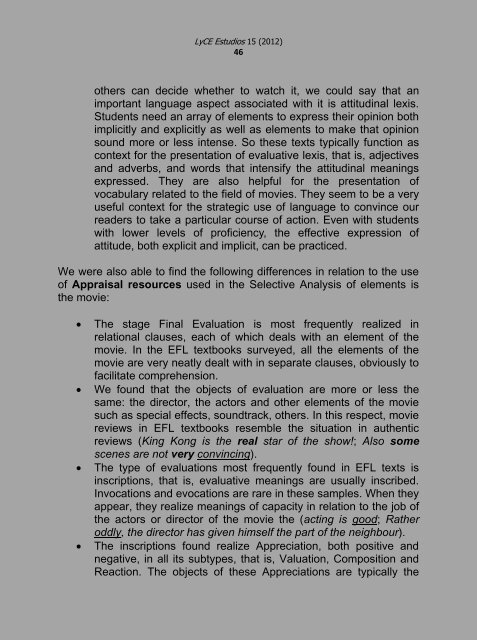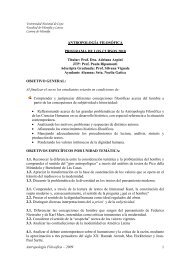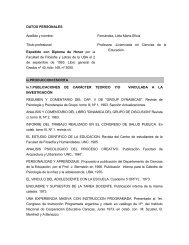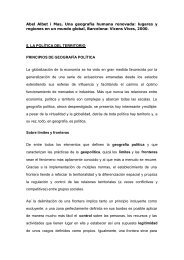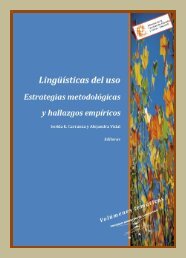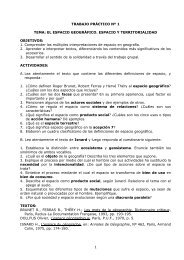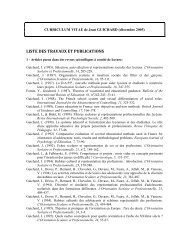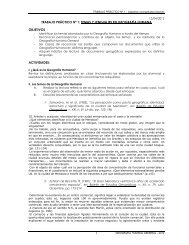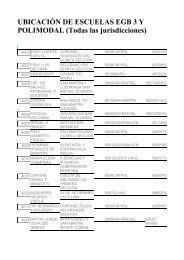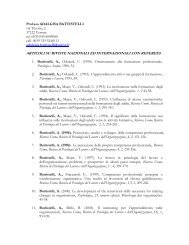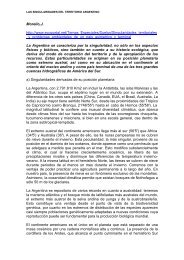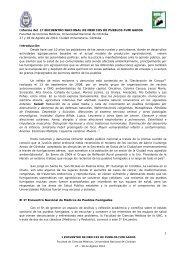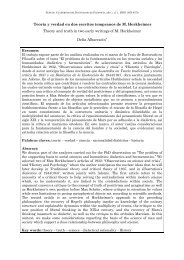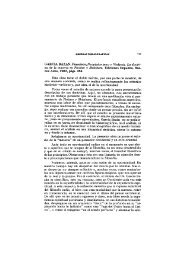LyCE Estudios - Facultad de Filosofía y Letras - Universidad ...
LyCE Estudios - Facultad de Filosofía y Letras - Universidad ...
LyCE Estudios - Facultad de Filosofía y Letras - Universidad ...
You also want an ePaper? Increase the reach of your titles
YUMPU automatically turns print PDFs into web optimized ePapers that Google loves.
<strong>LyCE</strong> <strong>Estudios</strong> 15 (2012)<br />
46<br />
others can <strong>de</strong>ci<strong>de</strong> whether to watch it, we could say that an<br />
important language aspect associated with it is attitudinal lexis.<br />
Stu<strong>de</strong>nts need an array of elements to express their opinion both<br />
implicitly and explicitly as well as elements to make that opinion<br />
sound more or less intense. So these texts typically function as<br />
context for the presentation of evaluative lexis, that is, adjectives<br />
and adverbs, and words that intensify the attitudinal meanings<br />
expressed. They are also helpful for the presentation of<br />
vocabulary related to the field of movies. They seem to be a very<br />
useful context for the strategic use of language to convince our<br />
rea<strong>de</strong>rs to take a particular course of action. Even with stu<strong>de</strong>nts<br />
with lower levels of proficiency, the effective expression of<br />
attitu<strong>de</strong>, both explicit and implicit, can be practiced.<br />
We were also able to find the following differences in relation to the use<br />
of Appraisal resources used in the Selective Analysis of elements is<br />
the movie:<br />
The stage Final Evaluation is most frequently realized in<br />
relational clauses, each of which <strong>de</strong>als with an element of the<br />
movie. In the EFL textbooks surveyed, all the elements of the<br />
movie are very neatly <strong>de</strong>alt with in separate clauses, obviously to<br />
facilitate comprehension.<br />
We found that the objects of evaluation are more or less the<br />
same: the director, the actors and other elements of the movie<br />
such as special effects, soundtrack, others. In this respect, movie<br />
reviews in EFL textbooks resemble the situation in authentic<br />
reviews (King Kong is the real star of the show!; Also some<br />
scenes are not very convincing).<br />
The type of evaluations most frequently found in EFL texts is<br />
inscriptions, that is, evaluative meanings are usually inscribed.<br />
Invocations and evocations are rare in these samples. When they<br />
appear, they realize meanings of capacity in relation to the job of<br />
the actors or director of the movie the (acting is good; Rather<br />
oddly, the director has given himself the part of the neighbour).<br />
The inscriptions found realize Appreciation, both positive and<br />
negative, in all its subtypes, that is, Valuation, Composition and<br />
Reaction. The objects of these Appreciations are typically the


